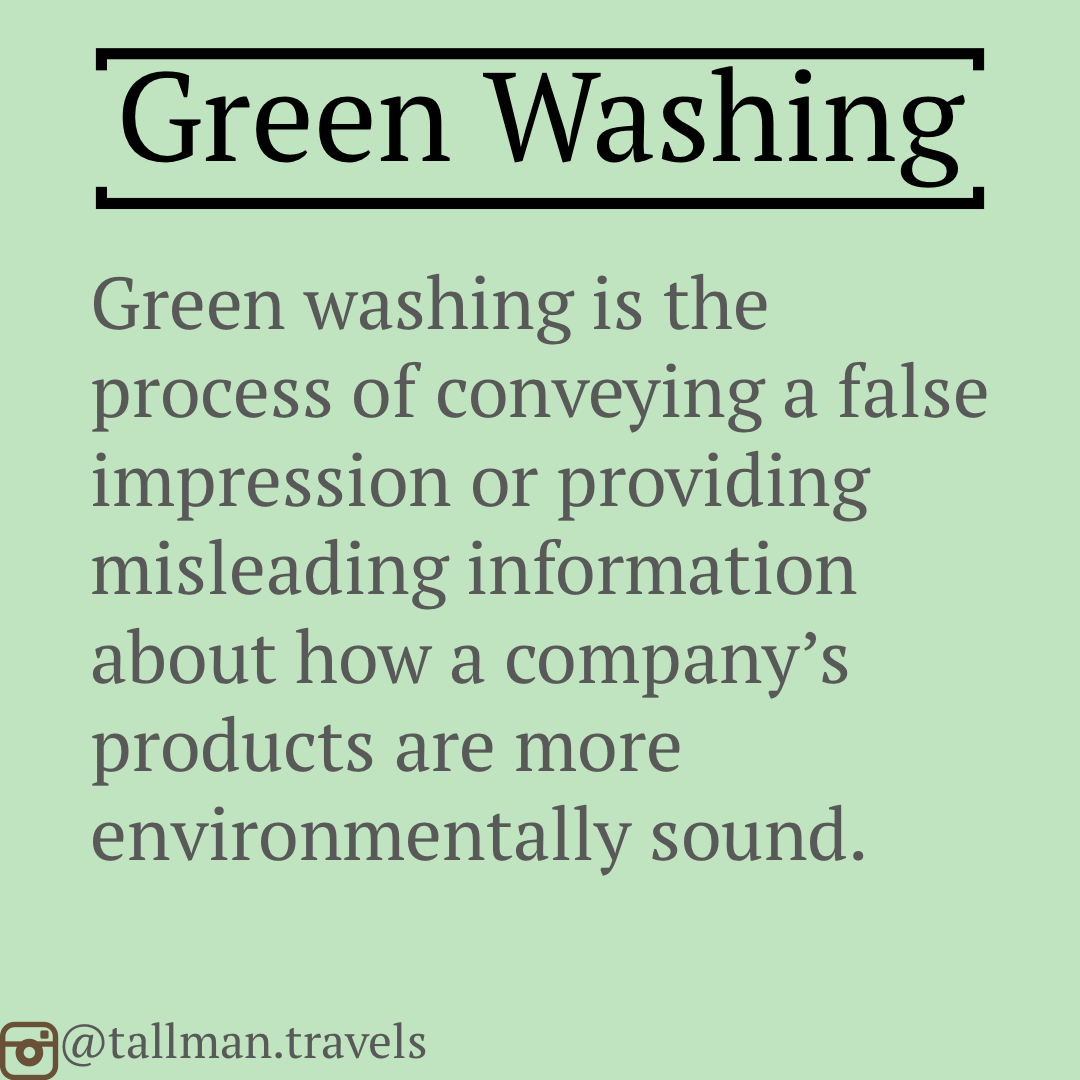Your guide to all things COP26
So you’ve heard of COP26, and are interested in understanding what’s going on. Or you’ve not heard of it at all and are looking to learn about it? Or you’re an expert and are here to see where I get it wrong! All are welcome, I’m hoping to start a conversation.
This post is my understanding of what’s going on, so please feel free to add more to it should you think it needs updating.
Anyway, what I’m trying to achieve is an introduction to COP, some Jargon busting, the outcomes we can expect, and hopefully if they’ll be enough to hit the targets.
Let’s get into it!!
What is COP26?
In short it is the “conference of parties” , a collection of all the UN members sitting down to discuss climate change and climate action. This year is the 26th conference which was initially meant to be held last year, but due to the pandemic meant it’s been pushed back.
The COP started in 1995, and has been held annually since (except the 2020) as mentioned earlier. The most famous COP was held in Paris in 2015, where the global powers agreed to work together to limit the global average pre industrial temperature rise to no higher than 1.5°. To achieve this we will have to halve all the emissions produced in the world by 2030, and be Net Zero by 2050!
This year is the time where all the countries come together and have their plans scrutinised in order to predict if what has been proposed is enough to hit the target. (Based on reports so far, we’re on target to actually increase our emissions by 17%) so let’s hope this conference gets the key players to review their plans and have more ambitious actions!
https://ukcop26.org/
Jargon busting:
Carbon footprint:
The amount of carbon dioxide released into the atmosphere as a result of the activities of a particular individual, organization, or community
Net zero:
A target of completely negating the amount of greenhouse gases produced by human activity, to be achieved by reducing emissions and implementing methods of absorbing carbon dioxide from the atmosphere.
Greenhouse gas:
A gas that contributes to the greenhouse effect by absorbing infrared radiation. Carbon dioxide and chlorofluorocarbons are examples of greenhouse gases.
Renewable energy:
Energy from a source that is not depleted when used, such as wind or solar power.
Green washing:
Greenwashing is the process of conveying a false impression or providing misleading information about how a company's products are more environmentally sound. Greenwashing is a play on the term "whitewashing," which means using misleading information to gloss over bad behaviour.
https://www.investopedia.com/terms/g/greenwashing.asp
What happens at the COP:
30,000 delegates from 200 countries come together to present their plans to maintain the target of 1.5° temperature rise by 2050. This is a jointly hosted event between Italy and the United Kingdom with most of the events happening in Glasgow, Scotland.
The countries will have their plans scrutinised by the United Nations (UN), in order to check that we’re on track to be within the targets set out by the Paris Agreement in 2015.
Even though there are 200 countries attending the event, it really comes down to 8 countries, which are the largest contributors to global emissions and have the power to influence the ability to stay on track for the targets set in 2015.
What are we hoping will be the outcome:
So you might have seen some graphs like the one below which predict the output of greenhouse gas emissions over time. Ideally this will tend to net zero for 2050 and reduce the amount by half each decade.
This might not now be possible if countries don’t ratchet up their commitments to achieve this.
This is what is currently believed to be the predicted output globally after looking at initial reports and commitments. It’s not good.
https://climateactiontracker.org/global/temperatures/
Hopefully after this two week conference it will actually be closer to the ideal.
One key thing to remember with the 1.5° target is that if we miss it, there is still 1.6,1.7,etc the main thing is to stay below 2.0°c however with every 0.1°c we will get into more and more problems.
What action can you take?
Why we all should reduce our emissions in our lives. In short, our leaders should really be doing their best to hit the targets of the Paris climate! That does not however mean we should not do our bit to help accelerate industry to switch to what we want. At the end of the day if consumer spending and trends shift to more climate positive options and lifestyles, then the powers at the top will shift also.
So start talking with your friends, family and colleagues about what you want to do to reduce your footprints, talk about hacks and swaps you’ve taken onboard to reduce your output. Yes there will be sacrifices like not being able to enjoy meat, flying, and other luxuries as often. But it will make the times you do have these things much more enjoyable and sustainable.
Most important thing is to complement people for trying, and focus on what is good. If you can offer advice then do so, but also acknowledge people are trying. We need to remove the stigma and negativity around climate activism so that the masses will follow. There is no point pissing everyone off.






